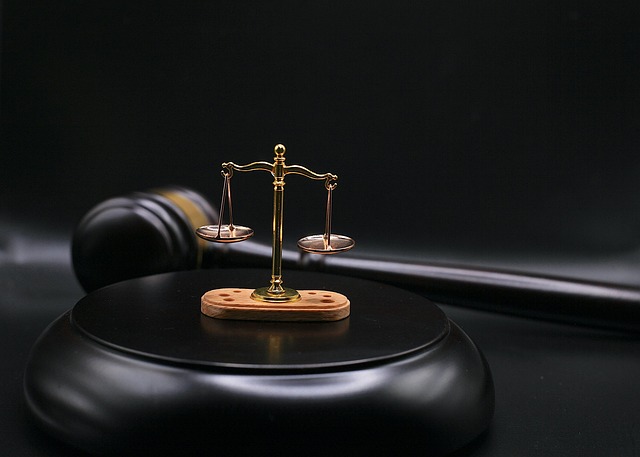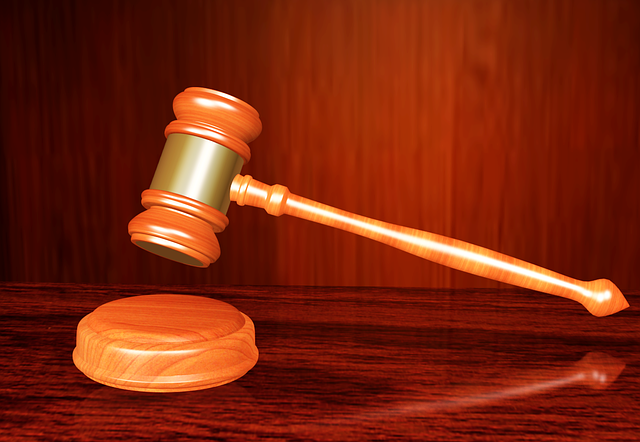Jury consultants play a pivotal role in securities class-action trials, leveraging their expertise in financial markets and legal arguments to shape public perception and guide juries through complex details. They analyze case dynamics, juror biases, and develop communication strategies, aiming for favorable verdicts or even the dismissal of charges. In jury selection, they use advanced data analysis and psychometric tools to identify impartial jurors capable of understanding intricate financial matters. Their work ensures fair representation and is crucial for navigating the web of corporate misconduct in such cases. The role of these consultants is increasingly vital in high-stakes trials, offering insights into messaging, evidence, and strategic communication to enhance outcomes for both plaintiffs and defendants.
Securities class actions, a powerful legal tool for investors seeking justice, have evolved into complex litigation landscapes. This article delves into the intricate world of securities class actions from a legal perspective, exploring key elements like jury selection and the pivotal role of jury consultants. We uncover how these professionals shape trial strategies while navigating ethical considerations. Additionally, we analyze the impact of jury consultants on securing favorable outcomes in these high-stakes cases, emphasizing their indispensable role in modern litigation.
- Understanding Securities Class Actions: A Legal Perspective
- The Complex World of Jury Selection in Financial Cases
- How Jury Consultants Contribute to Trial Strategy
- Ethical Considerations and Challenges in Securities Litigation
- Measuring Success: Evaluating the Impact of Jury Consultants
Understanding Securities Class Actions: A Legal Perspective

Securities class actions are a complex legal landscape where investors band together to hold corporations accountable for fraudulent or deceptive practices. From a legal perspective, these cases often involve intricate financial details and require a deep understanding of securities regulations. One crucial aspect that can significantly influence the outcome is the role of jury consultants in trials. These experts play a pivotal part in shaping public perception and guiding juries through complex evidence, making their involvement critical for achieving a favorable verdict.
In such high-stakes litigation, jury consultants offer strategic insights to ensure the best representation for their clients. They analyze the dynamics of the case, the potential biases of jurors, and develop effective communication strategies. By understanding the nuances of the securities market and legal arguments, these consultants help advocate for their clients’ interests within the philanthropic and political communities, aiming for a complete dismissal of all charges if warranted.
The Complex World of Jury Selection in Financial Cases
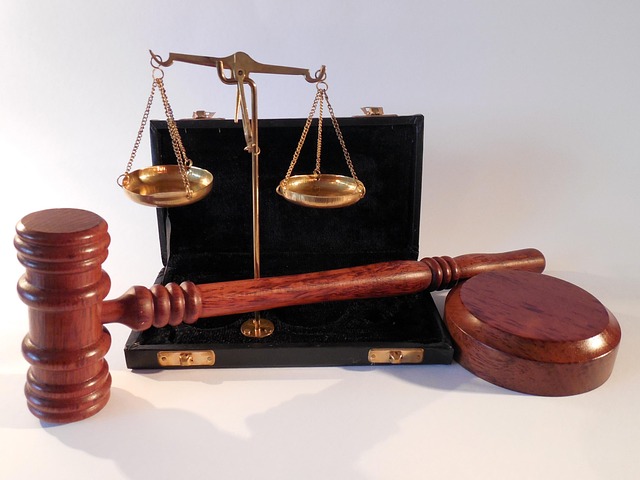
The selection of a jury in securities class-action cases is a complex process that demands meticulous planning and specialized expertise. These trials often involve intricate financial matters, high-stakes litigation, and diverse parties, making it crucial to carefully curate a panel of jurors who can navigate this complexity. Here’s where the role of jury consultants becomes indispensable.
These professionals bring a wealth of knowledge and experience in understanding human behavior and decision-making processes. They assist attorneys in evaluating potential jurors through comprehensive research, data analysis, and psychometric tools. By leveraging these methods, jury consultants help identify individuals who possess the cognitive capacity to grasp complex financial concepts, display impartiality, and make well-reasoned judgments—essential qualities for delving into the intricate web of corporate misconduct alleged in such cases. Moreover, they aid in managing potential biases, ensuring fair representation across various demographics, which is vital for satisfying both corporate and individual clients’ needs alike, particularly when dealing with nationwide litigation.
How Jury Consultants Contribute to Trial Strategy
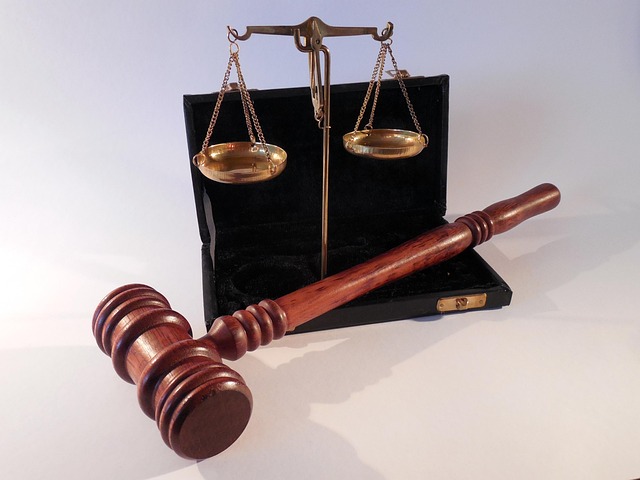
Jury consultants play a pivotal role in shaping successful trial strategies for both plaintiffs and defendants, particularly in complex cases like securities fraud or white-collar crime. They are experts in public opinion research and behavioral science, offering valuable insights into how potential jurors perceive various aspects of a case. By analyzing demographic data, evaluating media coverage, and understanding the psychological factors at play, jury consultants help legal teams make informed decisions to optimize their trial outcomes.
In preparation for jury trials, these consultants conduct focus groups and surveys to gauge public sentiment towards similar cases. They also assist in crafting opening statements and closing arguments that resonate with the target audience. For a general criminal defense strategy, this could involve tailoring messages to appeal to the community’s sense of justice while respecting the legal nuances. In white-collar defense cases, where reputations are on the line, jury consultants help manage public perception, ensuring fair trials and effective communication of complex financial issues.
Ethical Considerations and Challenges in Securities Litigation
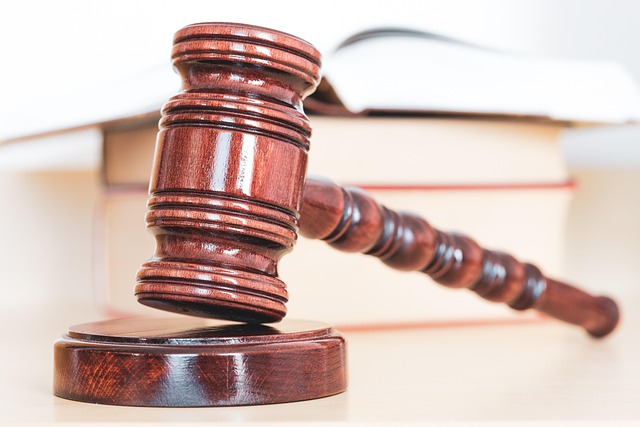
Securities litigation presents a unique set of ethical considerations and challenges. One significant aspect is the potential impact on investors’ rights and corporate accountability. As cases often involve complex financial matters, ensuring transparency and fair representation for all parties is crucial. This includes addressing conflicts of interest, especially in white-collar defense strategies, where sophisticated techniques may be employed to delay or undermine proceedings.
The role of jury consultants in trials further complicates this landscape. These experts, who assist in shaping jury selection and presentation strategies, must adhere to ethical standards. Their influence on the outcome of securities class actions can be substantial, highlighting the need for robust regulations. An unprecedented track record of successful cases necessitates a careful examination of these practices to maintain integrity in the judicial process while fostering accountability within corporate structures.
Measuring Success: Evaluating the Impact of Jury Consultants

The role of jury consultants in trials is increasingly vital, especially in high-stakes cases where the outcome can make or break corporate and individual clients. These experts leverage their deep understanding of human behavior and social dynamics to guide trial strategies and enhance client outcomes. By analyzing potential jurors’ demographics, attitudes, and biases, they help attorneys tailor presentations and arguments to resonate with the jury, thereby increasing the chances of a favorable verdict.
In addition to influencing the courtroom experience, jury consultants play a crucial role in pre-trial preparation. They assist in crafting effective messaging, selecting compelling evidence, and even designing exhibits to leave a lasting impression. Their insights into avoiding indictment or mitigating damages can be invaluable, ensuring clients navigate legal proceedings with strategic clarity. This expert intervention is particularly significant in complex cases where the complexities of law and fact require sophisticated communication strategies.
Securities class actions present unique challenges, from complex jury selection to ethical considerations. Understanding the role of jury consultants in shaping trial strategies is key to navigating this landscape. These professionals bring invaluable expertise in public perception and jury behavior, aiding attorneys in presenting compelling cases. By measuring success through impact evaluation, the legal community can ensure that securities litigation serves its purpose, promoting fairness and accountability while upholding the integrity of the justice system. The contribution of jury consultants plays a pivotal role in achieving these goals, making their involvement crucial for effective case management and ultimately, just outcomes.
